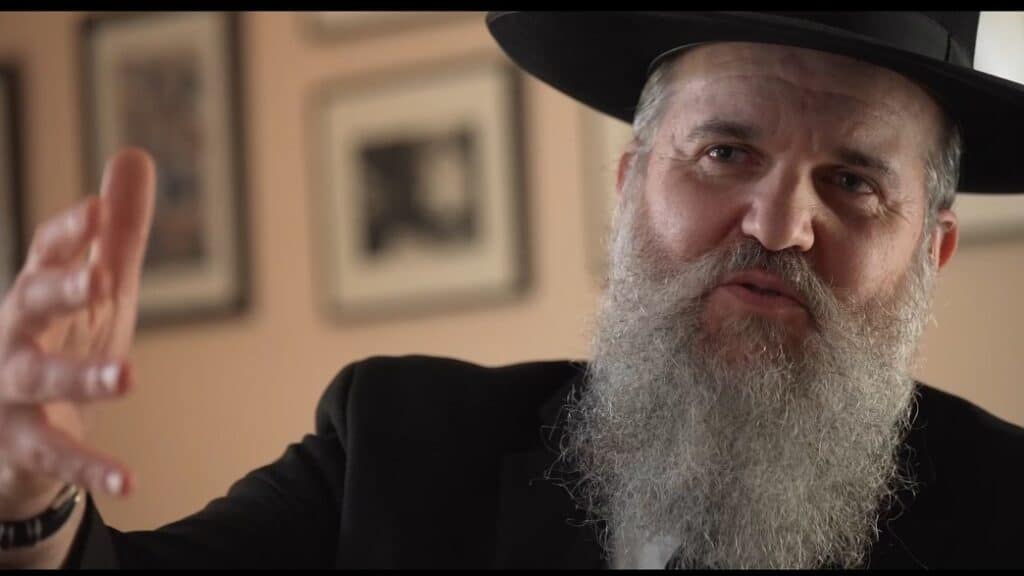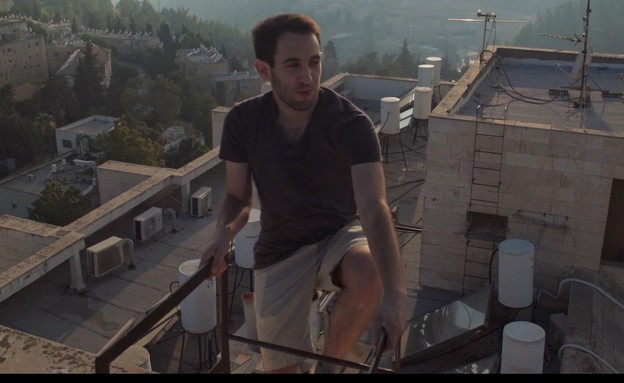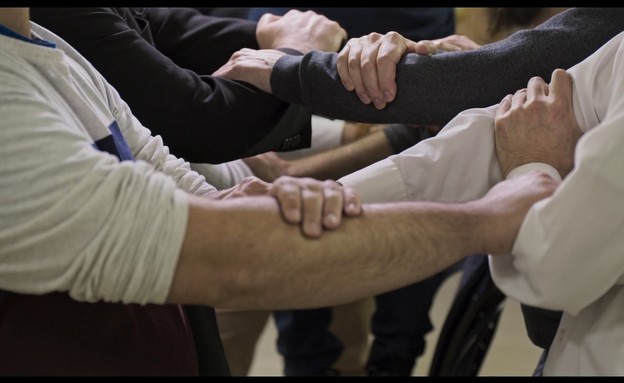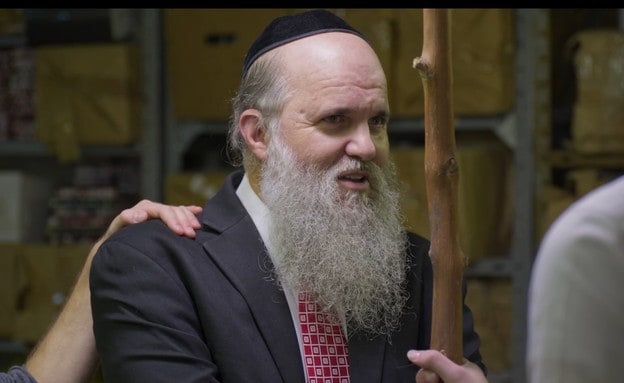mako: “The Therapy”
mako published an article titled:
“The Therapy”: A glimpse into the “conversion therapies” in ultra-Orthodox society
The original Hebrew is:
הטיפול: הצצה ל”טיפולי ההמרה” בחברה החרדית
Zvi Lanzman’s film, which aired last night (Wednesday) at 11 p.m. and follows two men who face their sexual orientation, is shaken – not because it presents the damages of “conversion therapy”, but because it floods liberal society with the most difficult question of all: If every person has the right to be who he wants to be, is it not also his right to choose who he does not want to be?

The hardest thing about “The Therapy,” Zvi Lanzman’s film that aired last night (Wednesday) at on KAN 11, is that it’s not difficult to watch in any way; the film, which won the Jury Prize at the Docaviv Festival and is available to watch on the Public Broadcasting Corporation website, offers viewers unprecedented access to its directness to what happens behind the closed doors of conversion therapy.
Some viewers can expect horrific, violent and raucous content, and for some moments, the suburb that comes with that expectation does come true, but that’s not how it feels throughout the film. The conversion therapies that are presented in it look like a type of psychological therapy, and precisely because they are so normal, it is difficult to see their real effect on the heroes of the film.
Still, watching “The Therapy” shakes up its first five minutes. Lanzman, a gay man who grew up in an Orthodox religious household, makes no effort to shake us, he simply tells the story of two men, one young and one less, who really want to take care of their sexual orientation, each in his own way.

One of them is Lev S., an Orthodox rabbi who recounts with an open face and unqualified honesty about his attraction to men, his experiences with them and the price that this attraction has taken from him, among other things – his marriage with the mother of his six children. This in itself is an almost unimaginable achievement of “The Therapy” and of Landsman.
The other man is Ben Zilberman, who comes out with a question that is already willing to admit that he is gay, but still continues to go to the therapist to whom his ultra-Orthodox family sent him when he first came out. In touching monologues, Ben tells the camera about the unrequited love from the yeshiva days, the one that made him realize that he was attracted to his kind, about the complex relationship with his father, and also about the self-hatred that was assimilated into him following the “treatments” he was going through.

Lanzman’s camera only enters the treatments of a heart, whereas the treatments of a son we experience only through his short phone calls with the therapist. We do get to see quite a few of the treatments in the embryo phase. The sensational voyeuristic viewer might have looked forward to seeing suburban moments of violence, perhaps also seeing the straight we are told that some patients are asked to watch, but the treatment scenes are not particularly violent, and that is what is incomprehensible about them.
The treatments presented in the film look, most of the time, like psychological therapy for all intents and purposes, so you can believe the son when he tries to explain time and time again that these treatments did help his mental well-being; The approach that Lanzman chose to tell the story of a heart and a son mature and prudent enough that we can ask ourselves during the film a pretty difficult question: If it is every person’s right to be who he wants to be, isn’t it equally his right to choose who he doesn’t want to be?
It’s not like “The Therapy” is an agenda-free movie. At one point, the two main characters take sides in the fight for and against conversion therapy, and the film also documents the prefabricated vote in the Knesset to amend the law, which prohibits the treatments, which have been declared unhelpful and harmful by quite a few professional officials around the world. Lanzman himself tells at some point, loudly and not in front of the camera, how his feelings are towards the treatments that go through a heart and son, and yet, the film shows compassion, and that is exactly the secret of his power. It’s compassion for a heart, which maybe just doesn’t want to be gay; Even his therapist is presented in a compassionate way, not as a homophoby pom-pom. Some would say that this is self-righteous forgiveness, but that is what has turned “The Therapy” into a mature and wise work, which relies on the intelligence and conscience of the viewer to reach his own conclusions.
However, there is no shortage of stomach-shrinking moments in the film, so viewers who may be a trigger for them may have to think twice before watching it. But the moments that leave the strongest impression are the intimate and human ones in him – a heart, dancing with his dog, and a son, who goes through a heartbreaking and awe-inspiring process of acceptance and self-love, at his sister’s wedding. In the end, everything drains into the basic need for all of us to accept and give love. Respectively, the main link of conversion therapy, as shown in “The Therapy”, is the self-hatred in which the patients are infected.

And all this is presented in the mind, honestly, in adulthood and even in unexpected and welcome moments of humor (not knowing that it is recorded, Ben gossiping with a friend about Landsman the director: “Say, do you think he is gay?”), making “The Therapy” a must-see film for anyone who wants to meet people who probably wouldn’t know on a daily basis.
It was easy to make a film that divides the world into black and white on an explosive subject like conversion therapy, but Landsman and his two heroes chose the harder way: the one that recognizes that some people simply don’t want to be who they are, and that our society (yes, also secular-liberal) may have already missed the train in an effort to make it clear to them that they are as good as they are. The film shows people who are willing to live a lie, and explicitly says – you have to understand them, but you can (and should) be sorry for them. And finally, “The Therapy” managed to make it clear that for some it was not too late. Therefore, as difficult as it may be, there is comfort in him as well.
זוהר אורבך in mako, August 19, 2021
Comments (0)